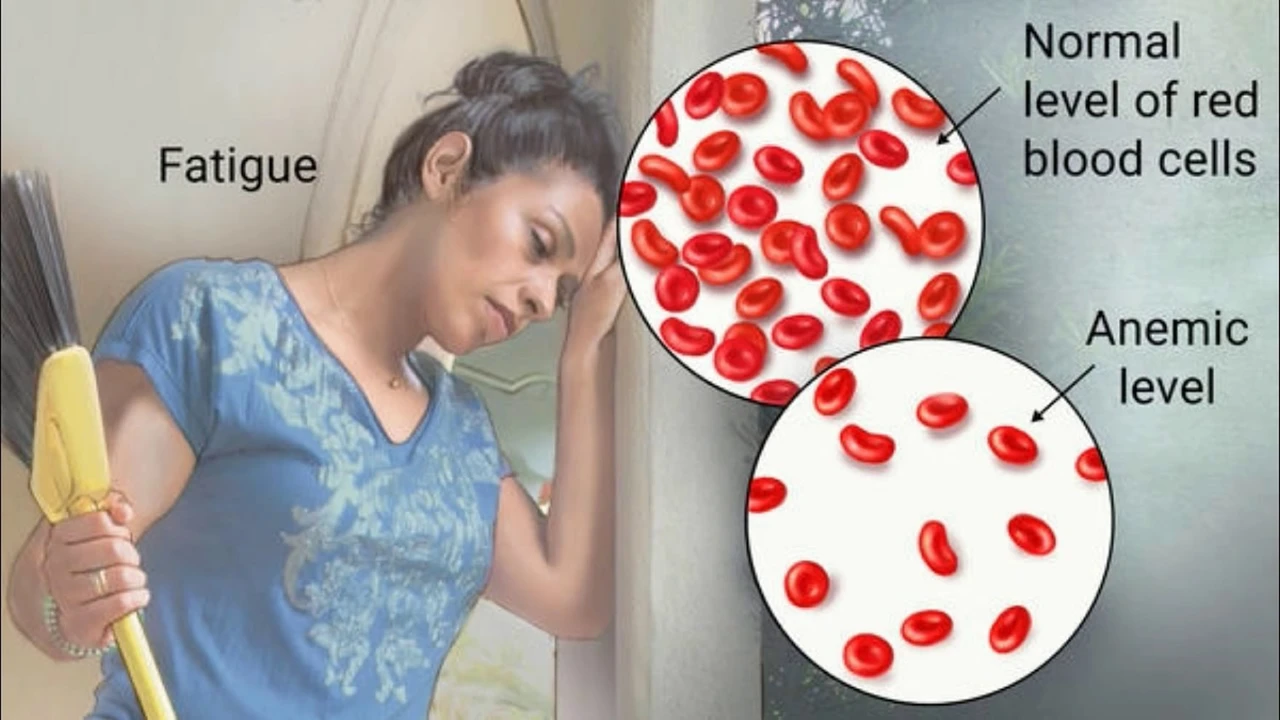Feeling tired, short of breath, or just plain sluggish? Those are common signs of anemia, and the good news is you can often fix them with a few smart changes. Below you’ll find bite‑size actions you can start today, plus what to do if home fixes aren’t enough.
First off, load up on iron‑rich foods. Red meat, chicken liver, and turkey are top picks because they contain heme iron, which your body absorbs best. If you’re vegetarian, go for lentils, chickpeas, tofu, and fortified cereals; they have non‑heme iron, which isn’t absorbed as well, so pair them with vitamin C‑rich foods like oranges, strawberries, or bell peppers to boost uptake.
Don’t forget about vitamin B12 and folate. Deficiencies in these nutrients can also cause anemia. Include eggs, dairy, leafy greens, and fortified breads in your meals. A quick tip: sprinkle some lemon juice over a spinach salad – the acid helps pull iron from the greens.
If diet alone isn’t enough, iron supplements are the next step. Look for ferrous sulfate, ferrous gluconate, or ferrous fumarate. Start with a low dose to avoid stomach upset, and take it with water on an empty stomach for best absorption. Remember, calcium, coffee, and tea can block iron, so keep them separate from your supplement timing.
When you’re unsure about the right dose, get a blood test. Your doctor can check ferritin, hemoglobin, and other markers, then tailor a prescription. In some cases, anemia stems from chronic disease, kidney issues, or blood loss, which means the treatment plan might include medication, IV iron, or addressing the underlying cause.
Besides pills, lifestyle tweaks matter. Regular exercise improves circulation and can raise your red‑blood‑cell count over time. Aim for brisk walks or light strength training a few times a week. Also, get enough sleep – your body builds blood while you rest.
Finally, track your progress. Keep a simple log of what you eat, when you take supplements, and how you feel. If after a month you still feel drained, schedule a follow‑up with your doctor. Anemia is often fixable, but it sometimes needs a professional’s eye.
Putting these steps together—iron‑rich meals, smart supplement use, a bit of exercise, and medical check‑ins—gives you a solid plan to beat anemia and get your energy back. You’ve got the tools; now it’s time to put them to work.

I'm absolutely amazed, and not in a good way, by how anemia can impact our elders. It's not just about feeling tired or having low energy, this medical condition has several risks and symptoms that we need to be aware of. As we dive into this topic, we're going to reveal just how anemia can affect the elderly, and most importantly, the strategies we can employ to manage it. So, if you're caring for an aged loved one or know someone who does, join me as we explore this topic because knowledge is power, especially in dealing with health-related issues.
Read More